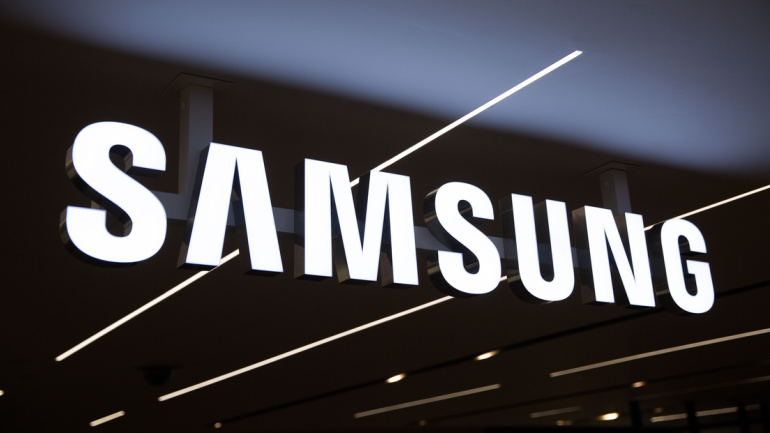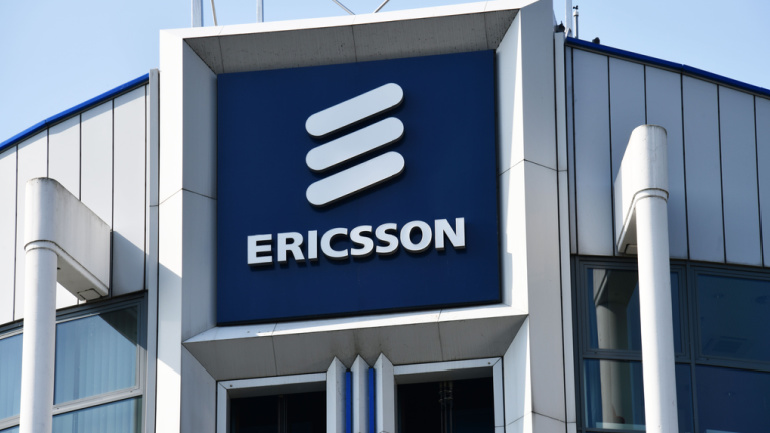Samsung’s 5G CBRS Strand Small Cell solution empowers cable operators by providing a quick, cost-effective method for deploying 5G data-offloading capabilities. Field-tested and now commercially available, this compact solution has been deployed with Comcast, supporting their goal of efficient data traffic offloading and improved 5G connectivity.
In light of Ericsson’s mounting tension with Lenovo and Motorola Mobility for suspected patent infringement, the telecom giant invites a discussion on the significance of intellectual property rights in fostering innovation. An influx in Ericsson’s licensing revenue, along with recent 5G legal victories, underscores this issue within the tech landscape.
DISH Wireless, in partnership with Samsung and Qualcomm, has achieved groundbreaking 5G carrier aggregation milestones. Notably, peak uplink speeds of 200 Mbps and 1.3 Gbps downlink speeds were realized with minimal spectrum usage, marking a significant advance in 5G capabilities. Boost Mobile subscribers can anticipate faster download and upload speeds.
Telecommunication giant BT, in collaboration with Nokia and MediaTek, is exploring the potential of 5G Reduced Capability (RedCap) for Internet of Things (IoT) applications. Recently conducted trials at BT’s research centre aimed at uncovering new use-cases for this technology, which, simplified and less complex than 4G, promises a more efficient IoT ecosystem. As suggested by BT’s Chief Networks Officer, Greg McCall, the RedCap technology could “unlock a new wave of innovation” within the 5G landscape.
5G and AI are more than just buzzwords; they’re shaping up to become the backbone of technological breakthroughs. Their ultra-fast capabilities are key for advancements including IoT and intelligent automation. However, with high speed comes high stakes, particularly in the domain of cybersecurity. Yet, despite potential risks, the limitless possibilities offered by 5G and AI, whether it’s efficiency gains or real-time interactivity, are compelling. This combination is set to revolutionize industries, driving anticipation for what lies beyond the tip of this transformative iceberg.
An ambitious €1 billion initiative is underway in Spain to narrow down the digital divide in rural areas, spearheaded by the Ministry of Economic Affairs and Digital Transformation. The project focuses on escalating the presence of 5G technology, committing an impressive €544 million towards standalone deployments. Aimed at areas unlikely to be targeted by private sector network deployments, it accentuates the government’s determination to extend tech revolutions to the unserved regions. With potential applications to various sectors, Spain’s pathway to complete 5G integration could serve as an inspirational model for others in this era of digital transformation.
BT and Immersive Interactive Ltd introduce the Immersive Spaces project across Northern Ireland. This 5G-enabled, interactive simulation offers a variety of experiences and learning opportunities for multiple sectors. The space offers a 360° view through HD projectors connecting to EE’s mobile network. Attributes like real-life scenarios, interactive elements, and sensorial enhancements are plunging users into exciting simulated realities. The technology has applications in training environments and sectors across the board, allowing users to step into realistic or imagined situations. Learn more about this revolutionary platform and its potential.
In an exciting move, Vodafone and Arm have united to innovate within the telecom industry, developing an adaptable platform with Arm-based processors ideal for Open RAN base stations. Their collaborative effort showcases both parties’ commitment in enriching the competitive Open RAN landscape, offering robust computational power for 5G services and improved energy efficiency. In addition, illustrious companies like SynaXG, Ampere Computing, and Fujitsu are lending their expertise to test and validate this technology. The joint venture also presents opportunities for Vodafone to reach its net-zero targets.
As Malaysia deliberates on Huawei’s engagement in their projected second 5G network, international eyebrows are raised. Clamor for transparency grows louder as the telecom world anticipates waves of change from this decision’s rippling effects.
Amazon’s Project Kuiper, which birthed two prototype satellites aimed to test potential satellite broadband service, operates similarly to Space-X’s Starlink and OneWeb. The venture is set to increase internet connectivity in remote areas using an extensive satellite constellation. Still, the delay in launching has welcomed accumulating competition. Rabid advancements by competitors including satellite direct-to-device technology pioneers and those concentrating on 5G NTN IoT services could tilt the scales. Would adopting the 5G NTN-compatible network give Project Kuiper a competitive edge? Or will the ongoing innovations by industry leaders overshadow it? However, underlying operational challenges and time constraints might hamper Amazon from contemplating a substantial shift in direction.













